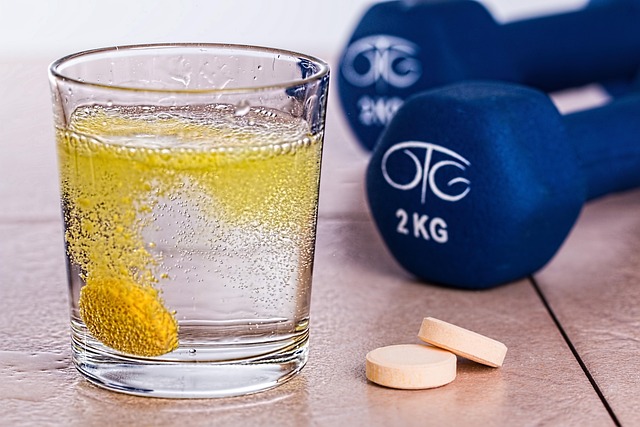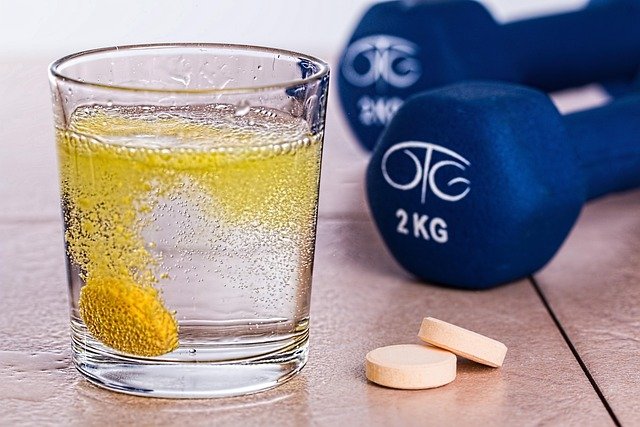Science-Backed Approaches to Stress Resilience
Practical, evidence-informed strategies can strengthen stress resilience by addressing sleep, nutrition, movement, and mental habits. This article summarizes research-driven methods to reduce vulnerability to chronic stress and support recovery across daily life.

Stress resilience refers to the capacity to adapt to and recover from psychological, emotional, or physiological challenges. Building resilience is not about avoiding stress but about strengthening the systems that determine how stress affects you: sleep, nutrition, immune function, movement, and mental habits. Evidence-based practices across these domains produce measurable benefits for wellbeing and recovery when applied consistently.
This article is for informational purposes only and should not be considered medical advice. Please consult a qualified healthcare professional for personalized guidance and treatment.
How does wellbeing integrate with stress resilience?
Wellbeing is the broad outcome of multiple routines and supports that buffer against stress. Psychological wellbeing relies on predictable sleep, social connection, purposeful activity, and daily movement. Evidence shows that combining behavioral routines—such as regular sleep schedules, moderate exercise, and social engagement—supports mood regulation and lowers markers of chronic stress. Small, consistent lifestyle changes often yield larger cumulative benefits than occasional intense efforts.
What nutrition strategies support immunity and stress recovery?
Nutrition influences resilience through energy balance, micronutrients, and the gut-brain axis. Diets rich in vegetables, whole grains, lean protein, and healthy fats provide nutrients like vitamin D, B vitamins, zinc, and omega-3s, which support immune function and neurotransmitter production. Regular meals and balanced macronutrients help stabilize blood glucose, reducing physiological triggers for stress. Fermented foods and fiber-rich choices promote a healthy microbiome, which is increasingly linked to mood and stress responses.
Which sleep practices improve stress tolerance?
Sleep quality and timing are among the strongest modulators of stress resilience. Consistent bed and wake times, limiting evening blue light exposure, and creating a cool, dark sleeping environment improve sleep continuity and deep sleep. Short-term sleep loss amplifies emotional reactivity and reduces cognitive control, while chronic poor sleep raises inflammation and weakens recovery. Prioritizing 7–9 hours of restorative sleep is a foundational strategy for maintaining mental clarity and emotional stability.
How do fitness and mobility affect stress and recovery?
Physical activity reduces stress hormones, stimulates endorphin and endocannabinoid systems, and enhances sleep and metabolic health. Both aerobic exercise and resistance training have documented benefits for mood and cognitive function. Mobility and flexibility work—such as dynamic stretching or low-load movement—reduce pain-related stress and support daily function. Aim for a balanced program that includes moderate-intensity aerobic work, strength sessions, and mobility routines to maintain resilience across life stages.
Can mindfulness and prevention techniques reduce stress reactivity?
Mindfulness practices alter how the brain responds to stress by improving attention and decreasing rumination. Short, regular sessions of focused breathing, body scans, or mindful movement cultivate the ability to notice stress responses early and choose adaptive reactions. Preventive strategies—time management, boundary setting, and structured rest—reduce cumulative stress exposure. Over time, these techniques strengthen cognitive control and lower physiological markers of stress reactivity.
What role do wearables, hydration, and recovery strategies play?
Wearable devices can offer objective feedback on sleep, heart-rate variability (HRV), and activity patterns, helping to identify stressors and guide recovery planning. Hydration supports cognitive performance and thermoregulation; mild dehydration can raise perceived stress and impair decision-making. Recovery practices—progressive relaxation, active recovery sessions, and planned rest days—help consolidate gains from training and reduce allostatic load. When used thoughtfully, technology and simple recovery habits help personalize resilience strategies.
Conclusion Stress resilience is multifactorial: improved sleep, targeted nutrition, regular movement, mindfulness habits, adequate hydration, and strategic recovery all contribute to stronger, more adaptive responses to daily challenges. Consistent, evidence-informed routines are more effective than isolated interventions. For personalized plans or persistent symptoms, consult qualified professionals to align strategies with individual health needs.






